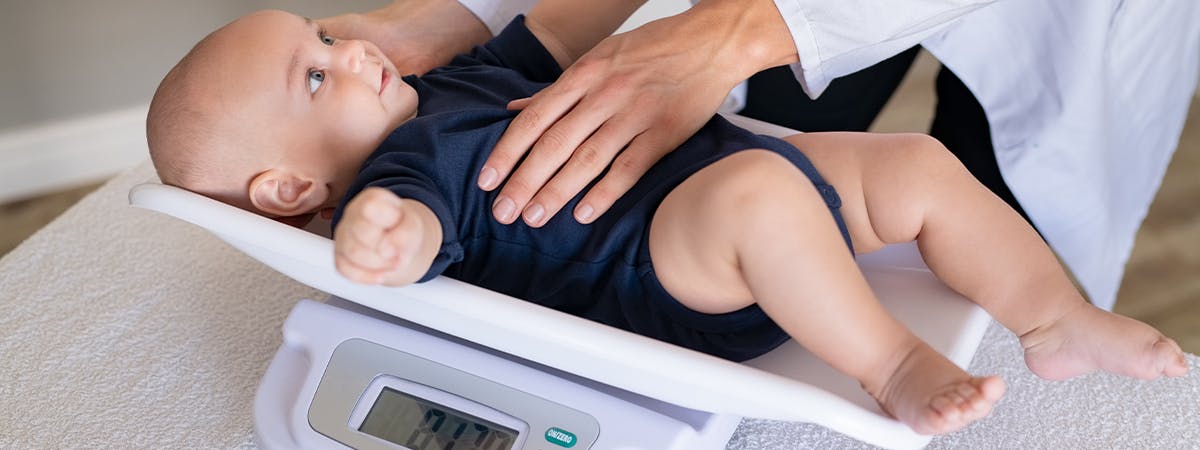Identifying gaps in education and professional development about multiples should in health visitor practice to prompt education and continuing professional development providers to address this shortfall.

Researchers
- Dr Merryl Harvey
- Jane Denton
- Lara Alamad
- Dr Cheryll Adams, Director of the Institute of Health Visiting
- Nathalie Turville
Research background
Multiple births: twins, triplets or more, bring an increased risk of complications for the mother and her babies which can affect family life and wellbeing. Recent studies have confirmed that adapting to parenthood and caring for two or more children of the same age presents parents with physical, emotional, practical and economic challenges (Leonard and Denton, 2006; Heinonen, 2015; El-Toukhy et al, 2018). The first year can be particularly difficult, especially since many multiples are born pre-term(Harvey et al, 2014). In the United Kingdom, health visitors (HVs), with their family support role, are uniquely placed to promote multiple birth family wellbeing and to arrange for ongoing support (Hamill, 2014; Harvey et al, 2014). This support is becoming increasingly imperative with the rise in the rates of multiple births in the UK over the last 40 years (Office for National Statistics, 2019).
There has been limited research involving healthcare professionals generally (Heinonen, 2016) and HVs specifically to explore their experiences supporting multiple birth families. In collaboration with the Institute for Health Visiting (iHV), this study was developed to establish an evidence base of HV experiences and perceptions of supporting multiple birth families. Funding was obtained from the Burdett Trust for Nursing and ethical approval was granted by the Faculty Academic Ethics Committee.
Research aims
- To explore the current practice of health visitors working in the United Kingdom supporting multiple birth families
- To explore the nature and extent of education and professional development received by health visitors working in the United Kingdom about supporting multiple birth families
- To inform health visitor practice to improve the provision of care and support to multiple birth families
Research methods
Health visitors currently practising in the UK were invited to complete an online survey. The questionnaire consisted mostly of closed questions and Likert scales. There were some open questions which enabled participants to elaborate on their experiences of caring for multiple birth families.
The survey ran for 17 weeks and was completed by 290 HV in the UK.
Research summary and findings
- Most HVs (88%) have twins on their current caseload.
- Most HVs (63%) have not received any specific training to improve their knowledge and skills when working with families with multiples during their initial HV training.
- Only 3% of respondents had attended CPD events about multiples.
- Discussion with colleagues (73%) and professional experience (79%) are the most commonly stated sources of information to support knowledge and skills development for practice supporting multiple birth families.
- Appointments taking double the time was the biggest challenge for HVs (55%).
- HVs qualified for 5 years or less expressed feeling challenged by their lack of knowledge and awareness of third sector support when working with multiple birth families.
- Daily tasks of caring for multiple birth children such as breast-feeding, weaning and managing crying were the main areas both HVs (50%) and parents (60%) wanted more information about.
- Almost 100% of respondents undertook additional work such as playing with siblings or changing nappies while undertaking home visits of multiple birth families.
- Most HVs provided information about third sector support locally (55%) or nationally (68%) as standard practice.
We hope that the identification of the current gaps in education and professional development about multiples should prompt service, education and continuing professional development providers to address this shortfall. This study also highlights the challenges and pressures that health visitors currently face and the lack of recognition in their current workload configuration of the needs of multiple birth families. Strategies to give health visitors more support for helping multiple birth families should be explored, enabling them and the service more generally to give them more effective help.
Find out more by reading the full report here.